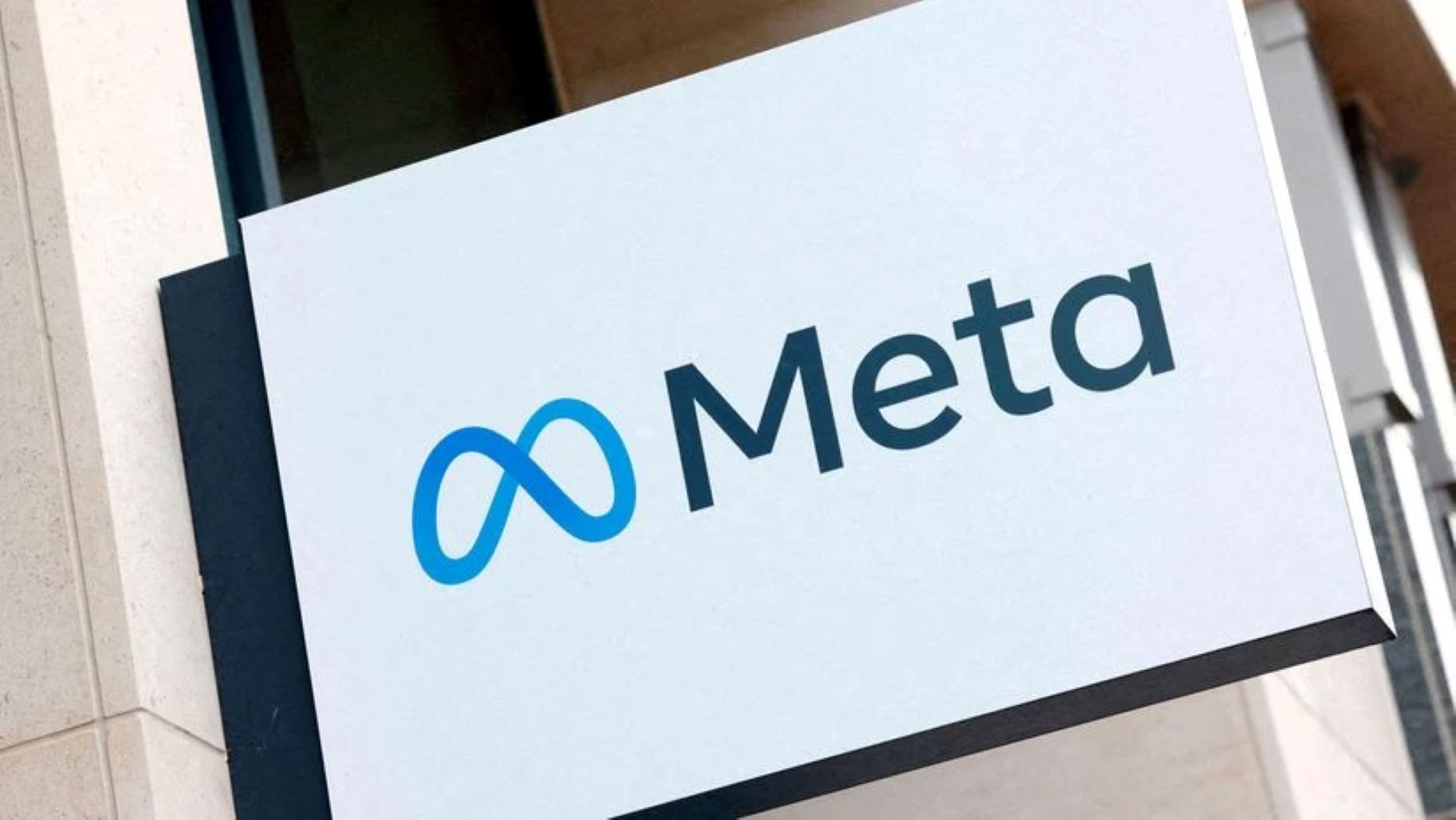Meta is introducing new supervision tools that give parents more oversight of how their teenage children interact with the company’s artificial intelligence chatbots. The update applies to Meta’s platforms like Instagram and Messenger, following growing concerns about the tone and familiarity of conversations between the AI characters and young users.
Key Takeaways
- Parents can now monitor their teen’s usage of Meta AI through the Family Center.
- The tools provide details on how much time a teen spends chatting with the AI.
- This feature builds on Meta’s existing parental supervision options.
- The update comes after criticism over the chatbots’ overly casual and sometimes inappropriate conversational styles.
These new features are being added to Meta’s Family Center, which already serves as the company’s main hub for parental controls. Parents who have linked their accounts with their teens for supervision will automatically gain access to the new AI monitoring tools. The main function lets a guardian view how long their child has spent talking with Meta AI and receive updates about their usage patterns.
Meta first launched its range of AI chatbots last year, including its general assistant Meta AI and 28 additional characters designed to mimic distinct personalities. Some of these digital personas were modeled after well-known public figures such as Snoop Dogg, Tom Brady, and Kendall Jenner. The idea was to make online conversations feel more engaging and human-like.
But that approach quickly drew criticism. After the launch, several users reported instances where the AI used overly casual, even flirtatious language. Many parents and online safety advocates expressed alarm, especially given that some of these interactions involved teenagers.
The controversy raised a broader question about how AI systems should interact with minors, particularly when their tone or personality blurs the line between friendly and inappropriate. Discussions across online communities surfaced screenshots showing chatbots seemingly crossing conversational boundaries, fueling demands for stronger safeguards.
Meta’s new tools appear to be a direct response to that criticism. By giving parents greater visibility into their teen’s digital exchanges with AI, the company aims to strike a balance between innovation and responsibility. Meta said the change reflects its ongoing efforts to create safer, age-appropriate digital experiences for families.
The company also emphasized that the goal isn’t to discourage teens from using AI, but rather to ensure they do so thoughtfully and safely. With more transparency, parents can help guide how their children interact with emerging technologies like generative AI.
Meta said the new supervision features will begin rolling out to users over the next few weeks.
Frequently Asked Questions (FAQs)
Q. What is Meta AI?
A. Meta AI is a conversational artificial intelligence assistant developed by Meta. It is integrated into platforms like WhatsApp, Instagram, and Messenger. The system also includes specialized AI “characters” with unique personalities, some based on celebrities.
Q. Why were Meta’s AI chatbots criticized?
A. The chatbots faced criticism because their conversational style could become overly familiar, personal, or “flirty.” This was considered inappropriate and potentially unsafe for teenage users who were interacting with them.
Q. How can parents access these new controls?
A. Parents can access the new supervision tools through the Meta Family Center. They must first set up parental supervision by linking their Meta account with their teen’s account.
Q. What specific information can parents see with the new tools?
A. Parents will be able to see the amount of time their teen spends interacting with Meta’s AI chatbots and receive general updates on their usage.
Q. Does my teen know that I am monitoring their AI chats?
A. Yes, Meta’s supervision tools are designed to be transparent. When a parent sets up supervision, the teen is notified and must approve the connection. They are aware that their parent has access to certain information about their account activity.



















